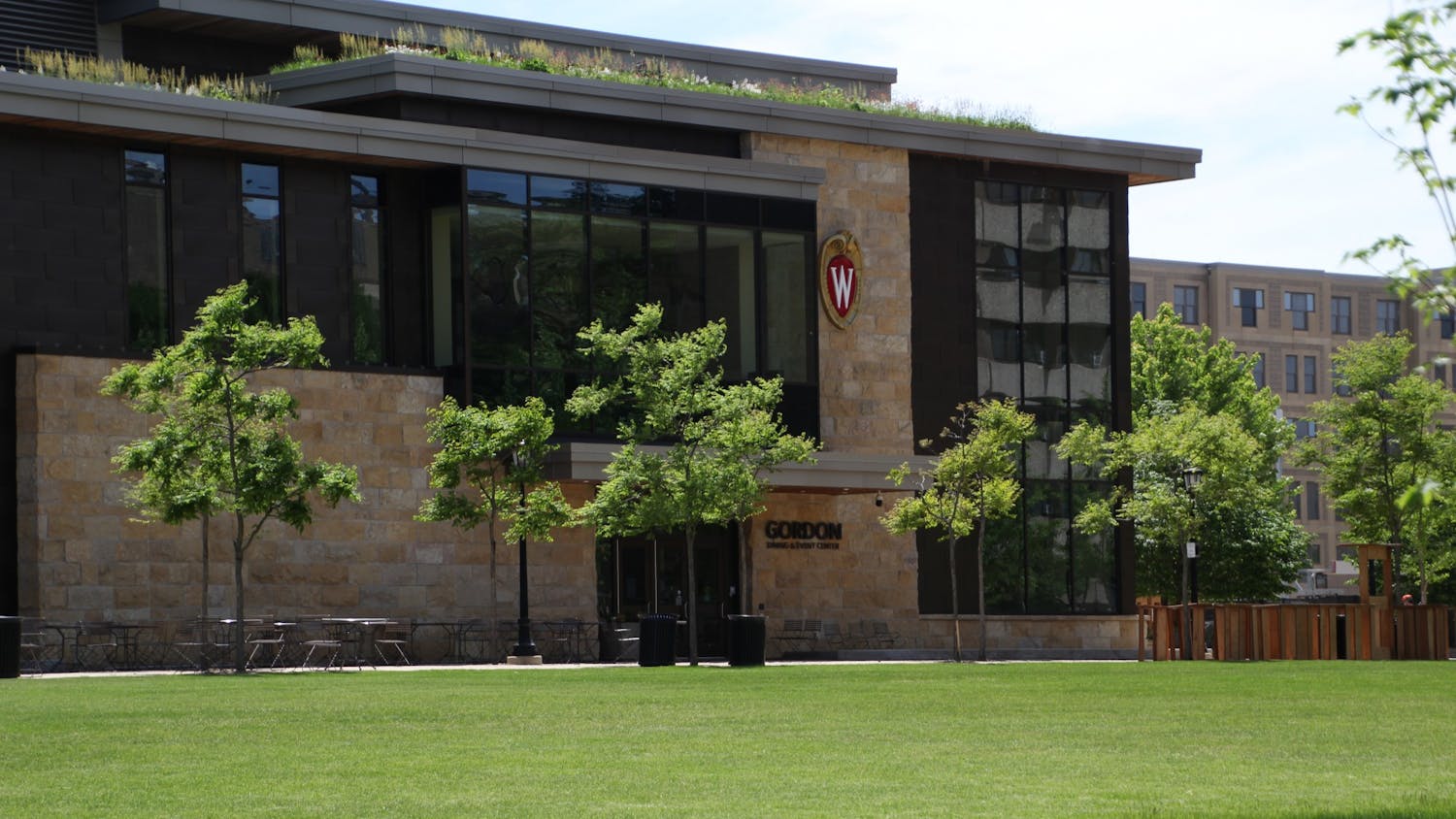Why has former Vice President Joe Biden polled highest among black voters for the 2020 presidential election following multiple racial controversies?
It’s not solely due to his ties to former President Barack Obama, according to FiveThirtyEight senior political writer Clare Malone.
Malone spoke to UW-Madison students Tuesday about the concept of electability and whether it should be a major focus for Democratic voters in choosing a nominee for the upcoming 2020 presidential election.
Early polling data from January and February of this year showed Democratic voters favored Joe Biden and prioritized candidates’ electability over their ideologies. Biden remains the consistent Democratic polling leader nationwide, in part due to his unchanging support from America’s black community, Malone explained.
Controversy over these polls stemmed from criticism from fellow candidates Kamala Harris and Corey Booker, who identify as black, over recent verbal blunders concerning race, his voting history on segregated bussing and his part in writing a 1994 crime bill that allegedly contributed to increased incarceration rates.
Despite those incidents, Biden continues to poll highest among black voters for the 2020 race, with a 24-point lead over candidate Bernie Sanders. Though Biden’s name recognition and stature as the former vice president for America’s first black president are key to these polling results, Malone believes they are only part of the reasoning behind black voters’ continued support for him.
“We concede to the norms that exist in the world, even if on a personal basis, we’re not comfortable with them,” Malone said. Black voters are generally pessimistic about the idea of a black or female Democratic nominee, she explained.
Obama successfully convinced black voters in the Democratic party that he could also earn the white vote, making him seem more electable. Hillary Clinton, the 2016 Democratic nominee for president, was not able to demonstrate the same level of electability to black Americans, causing many of them to stay home on Election Day.
Malone further claimed that despite Democratic candidate Elizabeth Warren’s momentum in favorability rating among registered voters, people still doubt her electability — in part because she is a woman.
“We have a default instinct in society that the electorate will be less accepting of women candidates,” Malone said. “That instinct is not wrong.”
This phenomena was highlighted when Obama gained support in South Carolina, where the majority of Democratic voters are black, only after he won approval in Iowa, where most voters are white.
A recent poll showed Biden currently holding a comfortable lead in South Carolina ahead of other Democratic presidential candidates. Malone attributes this lead to the fact that Harris and Booker have not yet proven to black voters they can win over America’s rural white voter base. In fact, the pair have publicly pushed back against electability conversations that have become popular among Democrats.
Electability arguments logically address inherent biases of society, Malone said, but whether Democrats’ fixation on candidates’ electability for the upcoming presidential election is warranted — or just a self-fulfilling prophecy — remains unknown.
“Being a white man doesn’t make you a more qualified candidate,” Malone said. “People have been trained to think you are.”






